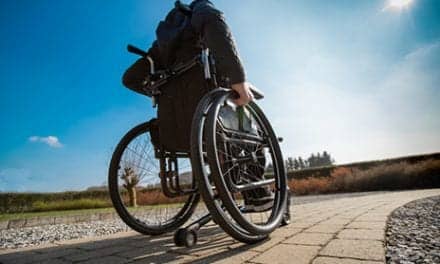
The results also indicated a level of complexity in the sleep-disordered breathing in SCI patients, with a high occurrence of both obstructive and central sleep apnea events. The occurrence of central sleep apnea was also more common in patients with cervical injury than in those with a thoracic injury, the study states.
The majority of SCI survivors have symptomatic sleep-disordered breathing and poor sleep that may be overlooked if not carefully assessed, according to Abdulghani Sankari, MD, PhD, principal investigator, lead author, and physician scientist at John D. Dingell VA Medical Center and Wayne State University School of Medicine in Detroit, Mich.
“Our findings help in identifying the mechanism of sleep-disordered breathing in spinal cord injury and may provide potential targets for new treatments,” Sankari adds.
During the study, Sankari and his team reportedly studied 26 chronic SCI patients, including 15 with cervical and 11 with thoracic injuries. The researchers note that all subjects had baseline spirometry, a variety of questionnaires, and attended polysomnography with flow and pharyngeal pressure measurements.
In a news release from the American Academy of Sleep Medicine, M. Safwan Badr, MD, American Academy of Sleep Medicine president, who was involved in the study, states that sleep-disordered breathing may also contribute to increased cardiovascular mortality in SCI patients.
Badr adds that, in light of the results, all SCI patients should undergo comprehensive sleep evaluation using full, overnight polysomnography for the accurate diagnosis of sleep apnea.
Source: American Academy of Sleep Medicine





